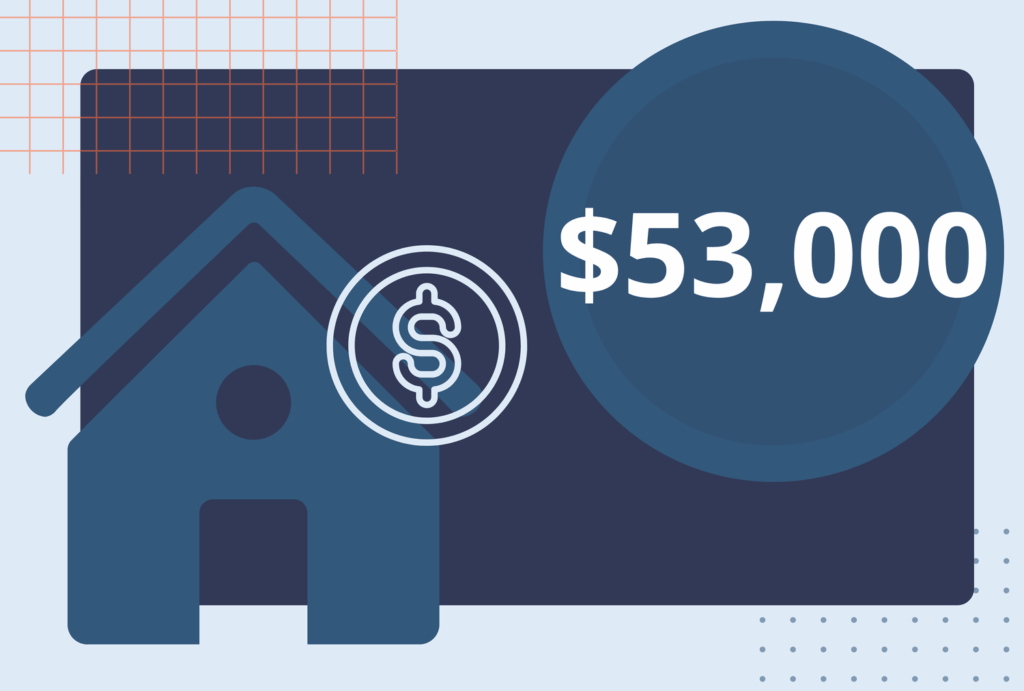Key Takeaways
- Homeowners frequently over- or undervalue their homes by a significant amount, with 5% overestimating it by $53,000 or more.
- Homeowners who overvalue their houses tend to spend more money and invest more conservatively.
There’s a good chance you’re completely wrong about how much your house is worth, and that has serious implications for your personal finances, a new study says.
People often seriously over or under-estimate the value of their home, according to a new study by researchers at the Federal Reserve Bank of Boston. On the low end, 5% of homeowners undervalue their house by $87,500, while another 5% overestimate it by at least $53,000 compared to actual transaction prices, Stefano Corradin, José L. Fillat, and Carles Vergara-Alert found in their paper.
What This Means For Your Finances
Homeowners often misjudge their home equity, which can lead them to make flawed decisions about borrowing, saving and spending. That in turn can affect the country’s overall economic health.
Online databases such as Zillow or professional appraisals often miss the mark with a property’s actual transaction price, according to the report. Zillow says its estimates are off by 5% or more, 16% of the time. That’s an improvement from 2018, when the researchers reported that more than 50% were off by 5% or more.
That inaccuracy, when it happens, can have a profound impact on financial decision-making. People who overestimate their home values tend to feel wealthier and spend more, the researchers found.
They also invest less in risky stocks and more in low-return, risk-free assets. People who overestimated their home values by $60,000 reduced their risky stockholdings by 1.1% to 1.9% and increased their consumption spending by 1.5% to 4.3% compared to homeowners whose valuations were correct.
The fact that so many of us are so far off about what our homes are worth has implications for the broader economy as well.
“Given the widespread use of home equity as collateral, the findings imply that misestimation of house values could have significant implications for credit availability and macroeconomic stability,” the researchers wrote.

